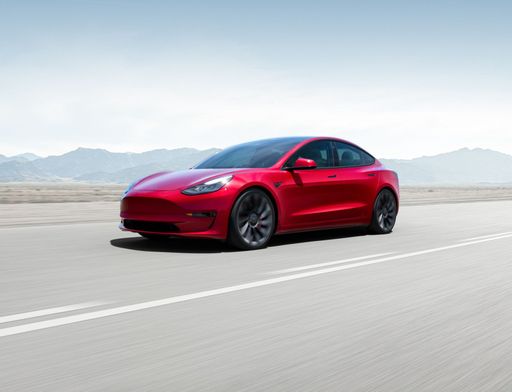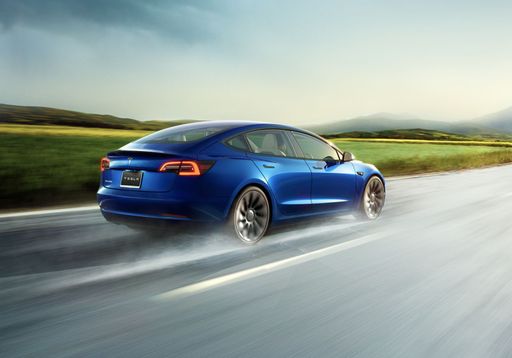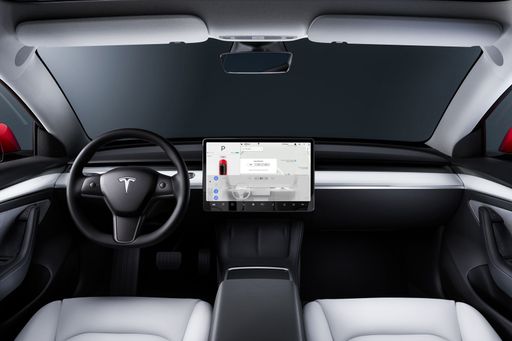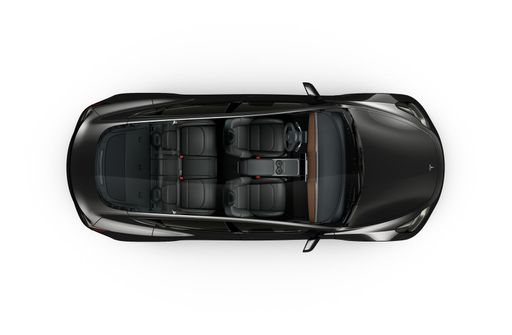An Exciting Matchup: Toyota C-HR vs. Tesla Model 3
In today's automotive world, innovation and cutting-edge technology often determine the reign of new-era vehicles. Two contenders making rounds in the market from different spectra are the Toyota C-HR and the Tesla Model 3. Distinct in their engineering and conceptual approaches, both offer extraordinary features. Let's dive into a detailed comparison to help consumers make an informed choice.









